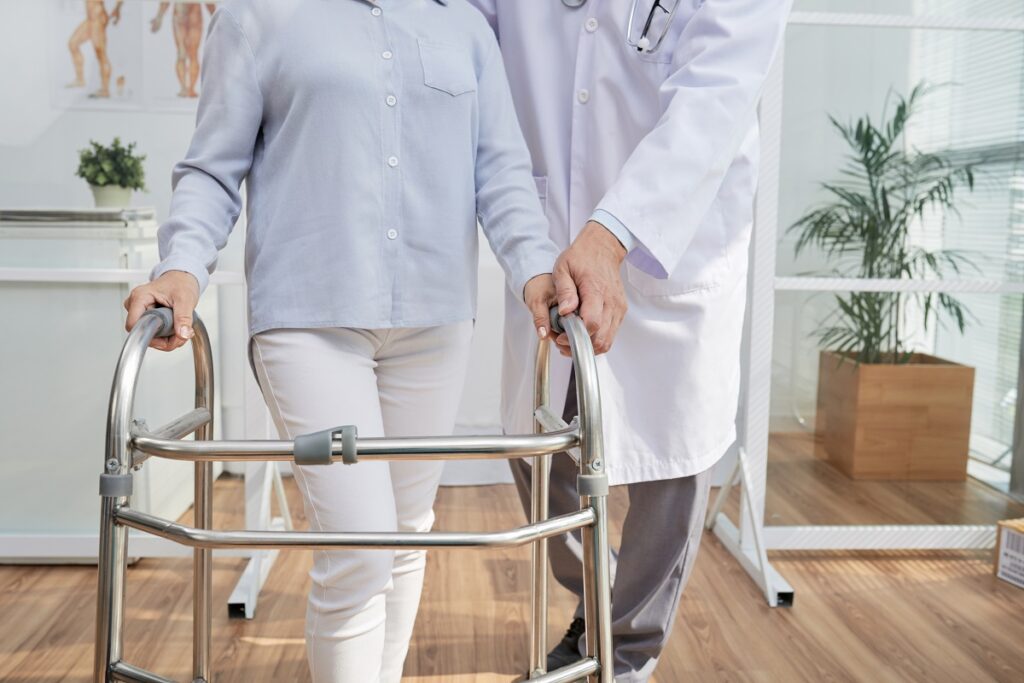As a family caregiver, you may wonder regardless of whether your loved one will recover and what their long-term care requirements will be in the coming months and years. In addition, you may be concerned about how well you will perform in your new position. “Caregiving may be a heavy burden to bear,” says Maggie Fermental, RN, a stroke caregiver singapore at Boston’s Beth Israel Deaconess Medical Center. A tumble on the ice caused Fermental’s stroke at age 31. She was an OR nurse before that.
Fertility with the facts and data
More than 50 million individuals in the United States care for a family member who is disabled or unwell. Approximately 59 to 75 percent of carers are women, and most are caring for an elderly parent. Despite the difficulties of caring, many individuals find that they have a greater appreciation for life and a greater sense of fulfillment in knowing they can contribute. Taking on the role of a caretaker, it’s all too tempting to let your loved one become your whole world. Fermented argues that caregivers must take care of themselves as well. “Many people feel pressured to accomplish everything alone, yet asking for assistance is essential. You can’t do it on your own.” Here are some ideas to help you strike a balance between the requirements of the stroke survivor and your well-being.

Caregivers’ Initial Steps
There will be a lot to learn and evaluate in the initial few weeks of recovery after stroke. Do some research. A medical director at HealthSouth RIOSA in San Antonio, Texas, argues that caregivers’ lack of expertise is one of the main obstacles they face. HealthSouth Press Editor-in-Chief Selenick is also the author of Living with Stroke: A Guide for Families. Take advantage of any opportunities to learn more about stroke, your loved one’s condition, and the outlook for recovery. Participate in hospital-sponsored support groups and initiatives. The health care staff will be able to answer any questions you may have concerning the healing and rehabilitation process after a stroke. Selenick says, “the more you study, the better you can care for your loved one.”
Investigate your options for protection and accurately assess your financial situation
Medicare and health insurance will cover most of the hospitalization and rehabilitation costs. Certain facilities and service providers may be excluded from coverage, however. As a result, you must learn precisely what services are covered and what you’ll be responsible for. Also, remember that coverage may alter or terminate as your loved one acquires or loses their skills. To assist you in navigating the often-complicated world of insurance, your hospital’s social support department or a case manager may be able to provide guidance.



